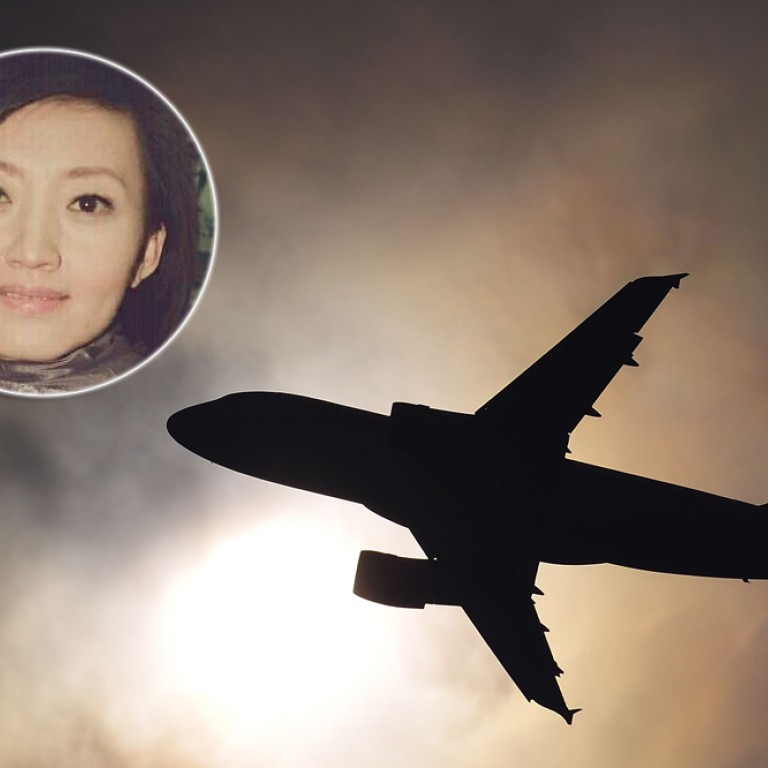
New | CPPCC delegate highlights perks of Chinese mums giving birth abroad
Family planning expert reacts to celebrity journalist's overseas delivery by outlining benefits of the practice
A population expert with the Chinese People’s Political Consultative Conference (CPPCC) has justified star reporter Chai Jing’s controversial decision to give birth overseas, a citizenship-linked practice that has elicited disapproval abroad and in parts of China such as Hong Kong.
CPPCC delegate Ma Xu, the research department director of the National Health and Family Planning Commission, responded to a question about Chai’s move by outlining three “advantages” to the practice.
Above all, it's not costly. You don’t need to pay the [penalty] if it’s your second child. Lastly, your child can obtain foreign citizenship
“Above all, it’s not costly,” Ma told the Beijing Times newspaper on Tuesday. “Also, you don’t need to pay the social compensation fee [penalty] if it’s your second child. Lastly, your child can obtain foreign citizenship.”
Under the US Constitution’s 14th Amendment, Chai’s daughter is an American citizen.
“It is unknown how she was able to pass the [security] checkpoint with a pregnant belly. But the halo of ‘the embodiment of press freedom and conscience’ and ‘the goddess of public intellectuals’ has probably granted her special access to an American visa,” the Southern Entertainment Weekly magazine wrote at the time.
The perks of foreign citizenship, better health care, as well as China’s one-child policy – which imposed fines of up to millions in yuan against mainland parents with more than one baby – contributed to a boom in such overseas births over the past decade.
In Hong Kong alone, for instance, the number of babies born to mainland mothers rose from 620 in 2001 to more than 44,000 in 2011, prompting the SAR’s government to impose a “zero-birth” policy last year.
The rising number of pregnant mainlanders living in Los Angeles, hoping to give their children US citizenship, also triggered a protest in 2012 and prompted the police to shut down a neighbourhood “birthing centre” used by the mothers.
ABC News reported last month that 71 per cent of babies born in Saipan, a US territory four hours’ flight from China, are born to Chinese mothers.
Beijing has since abolished its one-child policy, but observers say it will take years before mainland parents fully embrace the concept of having more than one offspring.
